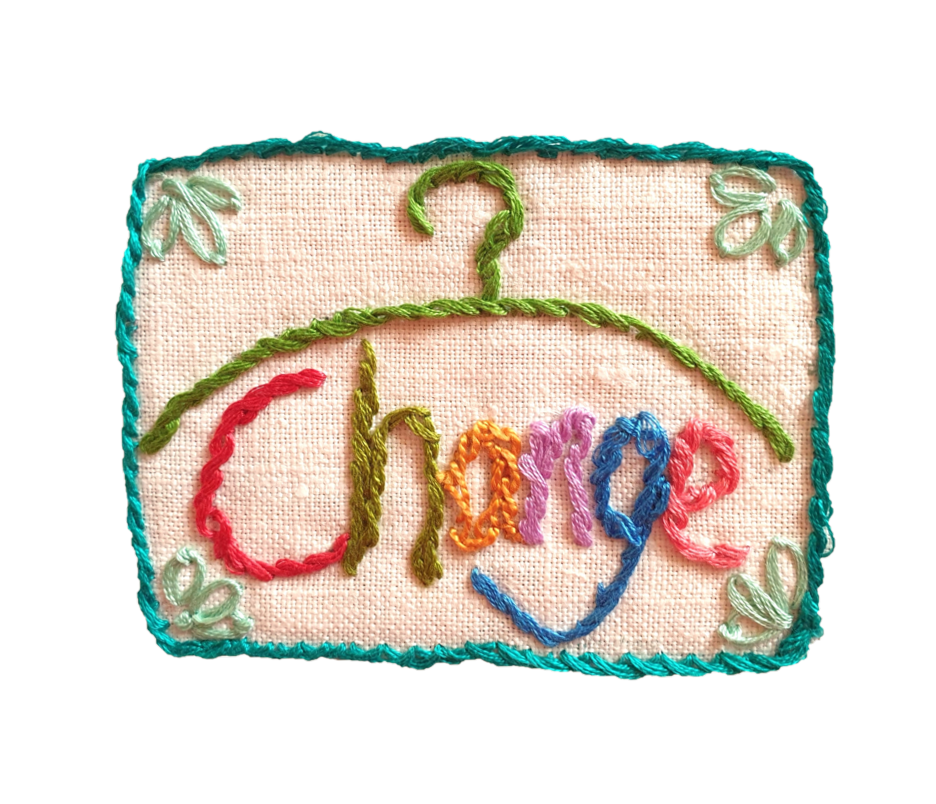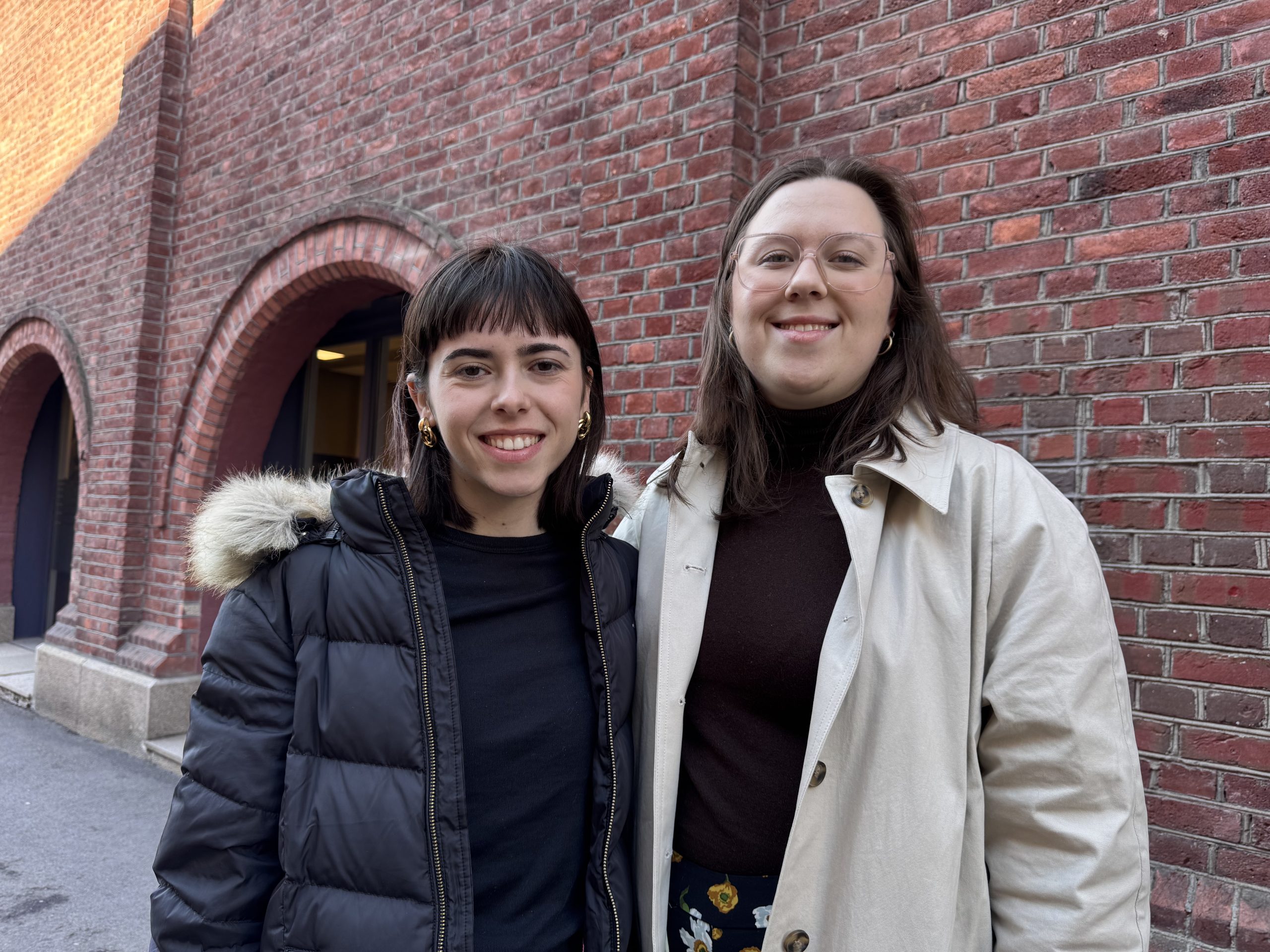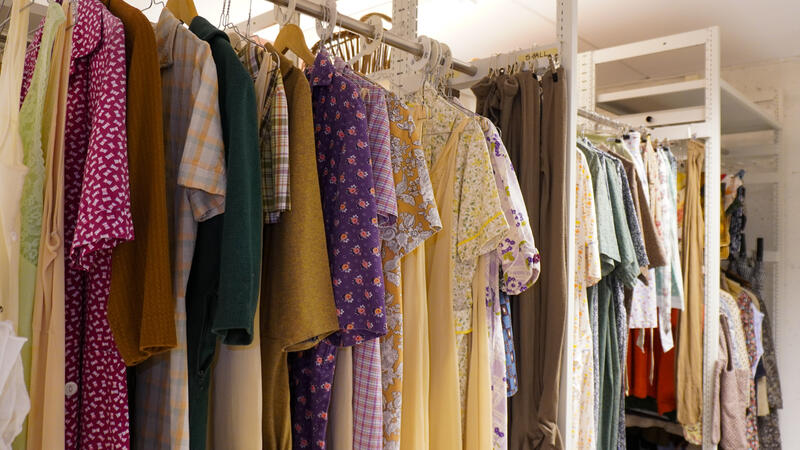CHANGE
Environmental systems shift in clothing consumption
In CHANGE, we will investigate what is most essential to reduce the environmental impact of clothing: reduce the amount of clothing that is produced, acquired and disposed of.
Environmental impacts from the clothing sector have increased rapidly within the last 30 years, with clothing consumption as an important driver due to the large volumes of clothing that are produced, used and disposed of. Yet, research on clothing consumption, and knowledge of how clothing is used and how this affects the total volume of clothing, is limited. In CHANGE, we will investigate what is most essential to reduce the environmental impact of clothing: reduce the amount of clothing that is produced, acquired and disposed of.
CHANGE will concentrate on two important elements in clothing consumption. One is to be properly dressed for the occasion, and the other is clothing standards related to the expectation of variety of garments. Where do these ideas come from? And how have they shaped our clothing habits over the last 200 years? We will look at why and how we change clothes between different occasions and the expectation and desire for variety of garments. The project objective is to improve our knowledge of how clothing volumes can be reduced by increasing the understanding of how people use clothing and how this has developed over time. The project will mainly study Norwegian clothing consumption through quantitative and qualitative wardrobe studies of couples. These will contrast with other wardrobe studies in and outside Europe. By looking at the connection between the individual consumer’s practices and different clothing standards, and the consequences this has on an overall level, we will contribute with knowledge and theoretical concepts that bring consumption – the use of clothing – into debates and politics about clothing and the environment.
The project has been awarded 12 million from the funding scheme Ground-breaking research (FRIPRO) from the Research Council of Norway, from July 2021-2025. Project leader is Ingun Grimstad Klepp from Consumption Research Norway SIFO, OsloMet. Also from SIFO is senior researcher Kirsi Laitala and PhD student. Irene Maldini from Amsterdam University of Applied Sciences brings in methodological and empirical expertise in wardrobes in the Netherlands and Uruguay. The latter with Lucrecia de Léon from the Universidad de la República. Kate Fletcher from the Center for Sustainable Fashion at UAL brings an outside perspective where change at the system level is discussed. Else Skjold from the Royal Danish Academy of Fine Arts takes responsibility for a network of students and researchers together with Liudmilla Aliabieva from Moscow University. Bjørn Sverre Hol Hagen from UiO / Anno Museum and Marie Ulväng from Stockholm University will add their historical dimension to the project, while Tone Skårdal Tobiasson will be responsible for dissemination and network building.
Participants at SIFO
- Ingun Grimstad Klepp
- Kirsi Laitala
- Vilde Haugrønning
- Ingrid Haugsrud
External Participants
- Irene Maldini, Amsterdam University of Applied Sciences
- Lucrecia de Léon, Universidad de la República
- Kate Fletcher, Royal Danish Academy of Fine Arts
- Else Skjold, Royal Danish Academy of Fine Arts
- Liudmilla Aliabieva, Moscow University
- Bjørn Sverre Hol Hagen, UiO / Norsk Folkemuseum
- Marie Ulväng, Stockholm University
- Tone Skårdal Tobiasson

Changes for CHANGE
The Clothing Research Group warmly welcomes Rita Dominici who has come to SIFO for an internship. Rita Dominici is a second-year student in the master’s program in “Sociology and Social Research” at the University of Trento. She earned a bachelor’s degree in sociology at the University of Bologna with a thesis titled “Fashion as a…
Artefacta conference
For the fourth time, University of Helsinki arranged the Artefacta conference. It brings together researchers and professionals interested in objects, material culture and our relationship to them (click here for full program helsinki.fi). I had the great honor of opening the event with the talk “Product attachment in politics and wardrobes”. I described the development…
Gender, Fashion, Sustainability
Author: Kate Fletcher Abstract The ability to affect sustainability outcomes is often culturally gendered. This article examines sustainability practices in fashion in the light of core themes in the gender and sustainability literature, drawing upon a re-analysis of a decade-old dataset of resourceful clothing use practices from the Local Wisdom project. In the dataset, evidence…
Comparing Male and Female Wardrobes: Gender Dynamics in the Practice of Dressing
Authors: Vilde Haugrønning, Ingrid Haugsrud Abstract This chapter explores the influence of gender on clothing consumption and the impact on differences in clothing volumes between men and women. Based on a qualitative and quantitative wardrobe study, we employ Schatzki’s (2002) social ontology of practice combined with Butler’s (1990) gender performance concept to examine the relationship between gender and clothing…
Continue Reading Comparing Male and Female Wardrobes: Gender Dynamics in the Practice of Dressing
When gender comes into play
Two portraits from the Local Wisdom project. Photo credits: Kerry Dean and Paige Green. The second article from CHANGE with gender as a main focus has been published, authored by Kate Fletcher: Gender, Fashion, Sustainability in Clothing Cultures. Text: Ingun Grimstad Klepp and Tone S. Tobiasson Kate begins the article with a review of what…
Dutch textile policy envisions consumption reductions and production and imports quotas.
SIFO’s advocacy work is influencing international public policy, step by step. The Dutch Circular Textile Policy Program for 2025-2030, released in December 2024, includes measures to reduce the volume of raw materials used in textiles, including the reduction of incentives that stimulate consumption (low price, advertising, sales), measures to help consumers to make sustainable choices,…



